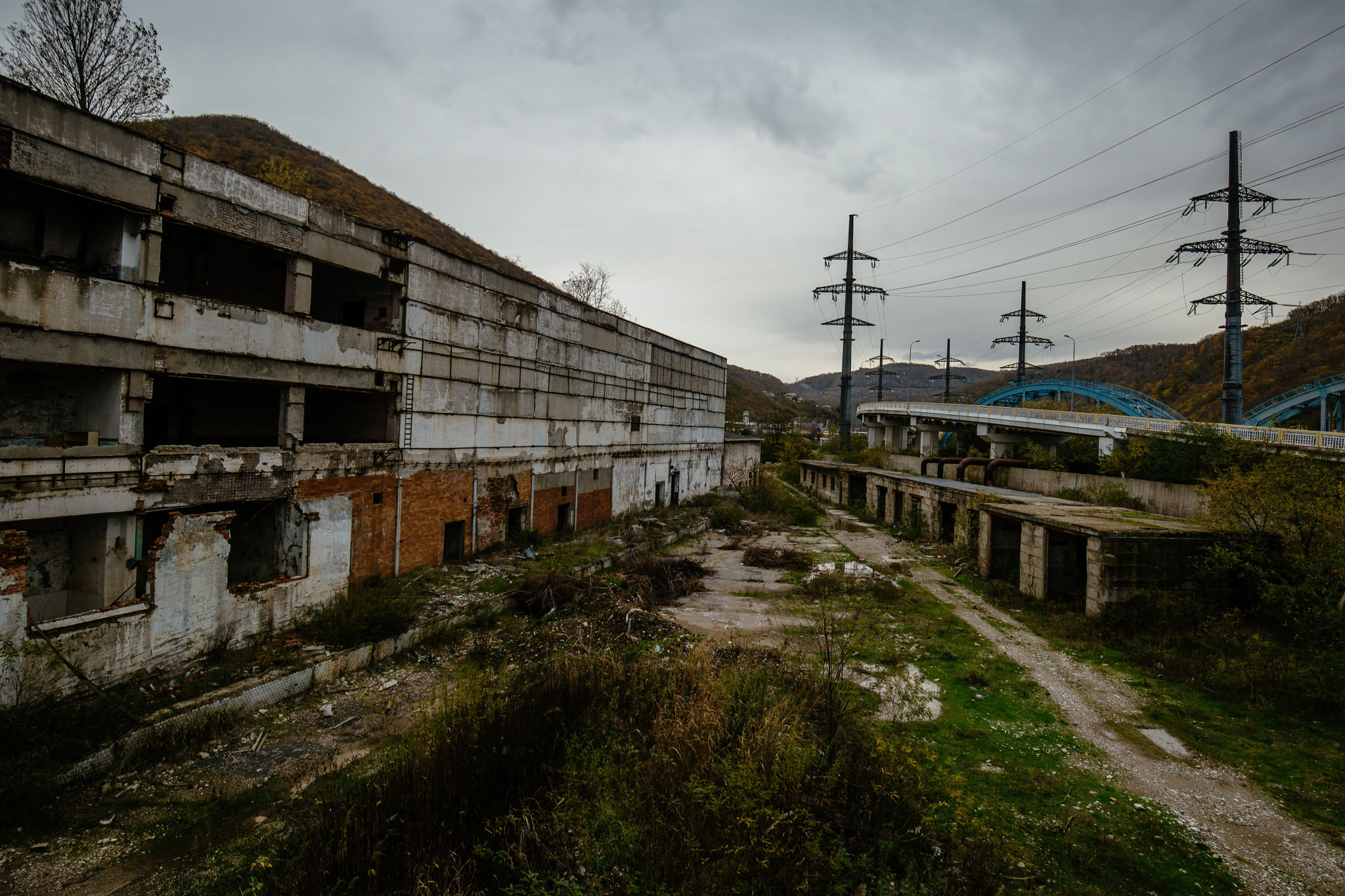Understanding the Local Building Regulations in Chennai: A Homeowner's Guide
Introduction to Building Regulations in Chennai
As a homeowner in Chennai, understanding the local building regulations is crucial for ensuring that your construction or renovation projects comply with legal standards. These regulations are put in place to ensure safety, sustainability, and the orderly development of the city. Navigating these rules can seem daunting, but with the right information, you can avoid potential pitfalls and ensure your project proceeds smoothly.
Understanding Zoning Laws
Zoning laws are a critical aspect of building regulations in Chennai. They dictate how land in different parts of the city can be used. The city is divided into several zones such as residential, commercial, industrial, and mixed-use. Understanding which zone your property falls under is essential as it impacts what you can build and how you can use the property. Zoning compliance is necessary before obtaining any construction permits.

Building Permits and Approvals
Before commencing any construction work, it is mandatory to obtain the necessary building permits from the Chennai Metropolitan Development Authority (CMDA) or the local municipal corporation. The process involves submitting detailed plans and documents that demonstrate compliance with local building codes and safety standards. It's important to work with a qualified architect or engineer who is familiar with these requirements to streamline the approval process.
Key documents often required include:
- Site plan and layout
- Structural drawings
- Environmental clearance (if applicable)
- NOC from relevant authorities
Structural Safety and Design Standards
The structural design of your building must adhere to specific safety standards to withstand local environmental conditions such as seismic activity and cyclonic storms. The Bureau of Indian Standards (BIS) provides guidelines that must be followed to ensure the structural integrity of buildings in Chennai. Engaging with professionals who understand these standards is crucial for safe and compliant construction.

Environmental Considerations
Sustainability is a growing concern in urban development, and Chennai's regulations reflect this with requirements for rainwater harvesting, waste management, and energy efficiency. Homeowners are encouraged to incorporate green building practices, which not only comply with regulations but also contribute to environmental conservation and potentially reduce utility costs in the long run.
Some practices include:
- Installing solar panels
- Implementing rainwater harvesting systems
- Using eco-friendly construction materials
Heritage and Conservation Zones
If your property is located within a heritage or conservation zone in Chennai, additional regulations may apply. These areas have special rules to preserve the historical and cultural significance of buildings and their surroundings. Any renovations or new constructions must respect these guidelines, which might include restrictions on building height, facade design, and materials used.

Conclusion
Understanding and adhering to local building regulations in Chennai is vital for any homeowner planning construction or renovation projects. From zoning laws to environmental considerations, each aspect of these regulations serves a purpose in maintaining the city's safety, sustainability, and cultural heritage. By staying informed and working with knowledgeable professionals, you can ensure that your project not only complies with legal standards but also contributes positively to the urban landscape.
